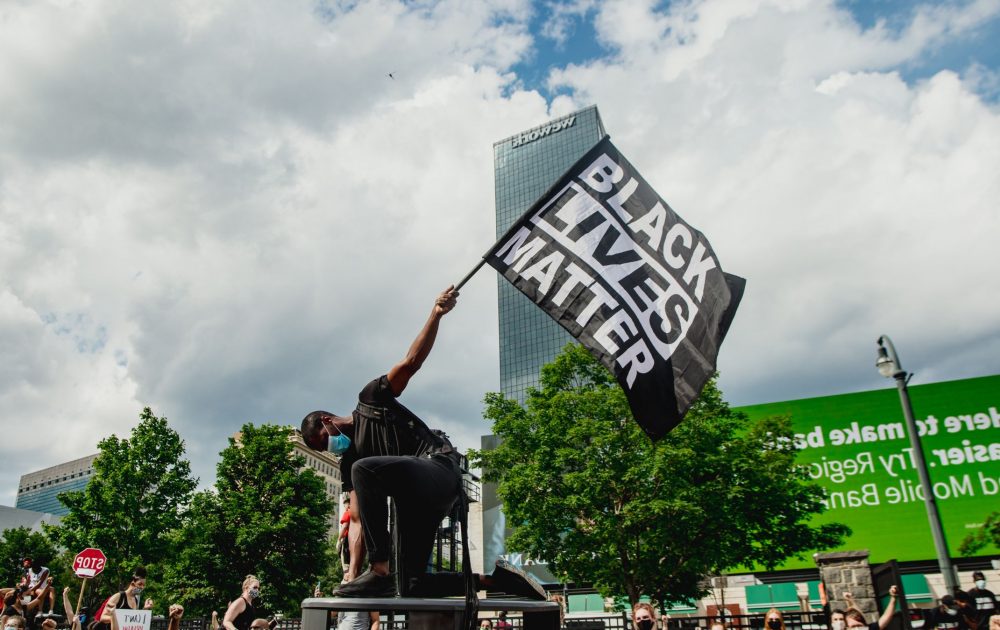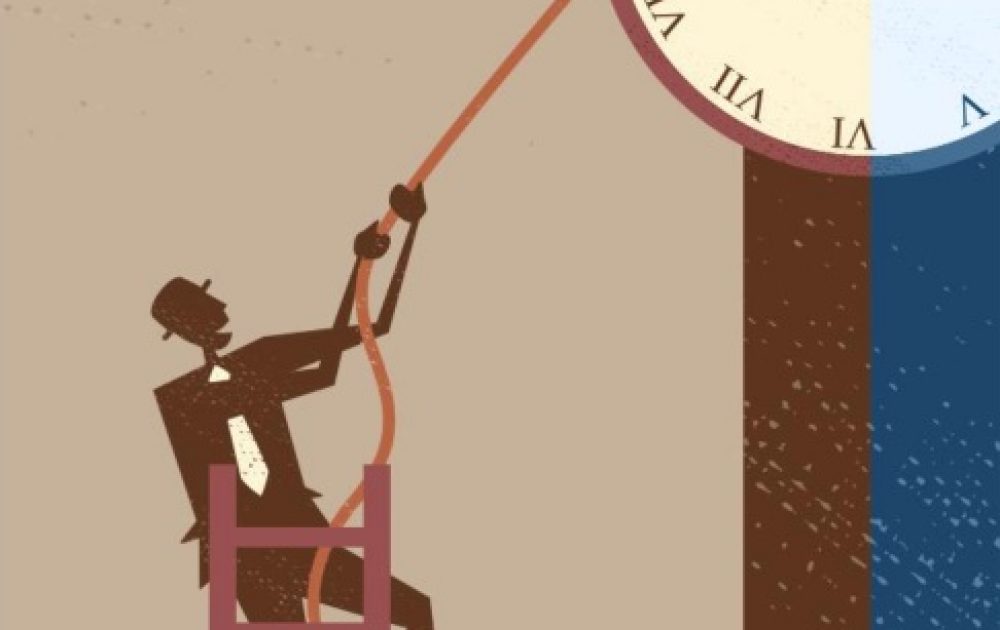
Back in August, I visited the new Center for Civil and Human Rights in Midtown Atlanta. It is an inspiring and disturbing exhibit, perhaps especially for those of my generation who grew up with the Civil Rights movement and the integration of public places, which in my case occurred mostly during high school.
Things were comparatively peaceful in that time and that rural place if you watched the 6 p.m. news and knew what unrest was going on in the cities. I’m sure there were ugly isolated incidents in my little town and my school, but none that I was aware of. There were a couple of marches without incident except for ugly name calling by white onlookers. You wouldn’t have known change was afoot from reading the watered-down hometown newspaper.
Instead, the feeling that a breach of the familiar and comfortable was near came from listening to the adults talk about the “coloreds” and what they might be up to. The coloreds might start shopping in our stores on any day of the week instead of the day designated as “theirs” when white people stayed home. Colored people might start attending the annual county fair on any day they chose, rather than just on the designated “Coloreds Day.”
My older cousin owned probably the most popular restaurant in Newton County at that time, a catfish house. There was fretting in the family that he might have to start serving coloreds, and there were suggestions that simply designating his place a “private club” would prevent integration. What intrigued me then, as I fumbled to make sense of all this, was that the kitchen help was all colored. It was OK for them to prepare our food, but they weren’t fit to share the dining room? It was a number of such little things that just didn’t add up, rather than a Damascus Road moment, that led my thoughts off the path I was raised to follow.
Touring the Atlanta exhibit started a mental reunion of the fragmented memories of those little events that changed my point of view and, in sum, my life. I even wrote a letter to my grown children trying to explain things that I witnessed but that they know only from sterile textbooks.
It kind of bothers me now that I didn’t do more in those times, but there weren’t opportunities in that little neck of the woods. Oh, I spoke up in high school. That cost me popularity and I got called names, including the most hateful name that bigots could throw at a fellow white. Some pretty, otherwise sweet girls wouldn’t date me. One even hung up when I called. I challenged the adult deacons in my Baptist church, several of whom were my uncles, over the policy of barring blacks. I even got thrown out of my parents’ house (for about 30 minutes) not over car keys or curfews, but over my opinion on civil rights.
But I didn’t go so far as to be threatened or beaten up (I was attacked once by three white guys, but they were just drunken hoodlums at a Saturday night dance who were always ganging up on boys they felt inferior to. One of them had my mother as a teacher in grade school; that might have had something to do with why I was the target that night.)
All during my childhood we had a black maid. That was a status symbol in our little culture. Some of my friends’ parents worked in factories or on farms, and they didn’t have maids. Our other status symbol was a pricey automobile barely within our means. My father favored Chryslers when we should have been a Ford family. One afternoon, when I’d just gotten my driver’s license, my mother asked me if I’d drive the maid home.
Of course I would. Newly minted driver, I didn’t need a reason to get behind the wheel. I was also, by this time, a teenage rebel in full and convinced, if not erudite, over the rightness of the civil rights movement.
I walked out to the Chrysler. Alverta was already in the back seat. Without thinking, I walked over, opened her door, and said, “Alverta, why don’t you ride in the front?” I opened the front passenger door, walked around the car and slid in behind the steering wheel. Several seconds seemed forever, neither of us saying anything. Finally, Alverta got out of the back and sat in the front beside me.
I drove her to a shantytown a few miles away called Jamestown. I guided the Chrysler down a rutted dirt street, past dilapidated houses with black faces staring from porches, until we reached Alverta’s ramshackle representation of a home. She got out and I turned the car around. I can sort of imagine what the neighbors, at either end of that journey, must have said that day as we drove by.
After that, whenever I was told to drive Alverta home, she would get in the front seat without invitation.
We never talked about that first day. Some things, like change, are best left unexamined when they’re hatching. I pray it gave Alverta a drop of dignity and hope for change.
On the ride back from Atlanta and for the rest of the day I reflected on the exhibits at the Center for Civil and Human Rights, and my own experiences – running my self-righteous mouth in high school and alienating classmates and family and church deacons and wondering what more I could – should – have done until, somehow, I remembered that day with Alverta.
Maybe in my foolish youth I did do one small thing right. Once, I opened a door.
Biz Bits
Burger King is going to move its operations, on paper at least, to Canada from the U.S., to save on taxes. Between the time I first saw this news online and the time the news was in all the mainstream media, I had thought up a half-dozen smart-aleck comments I could make in this space. But by the time for writing this column rolled around, my brilliant wordplay had already been used by syndicated columnists, on-air commentators and stand-up comics.
Instead, I’ll just pose a question: How is it that Canada can provide a better tax deal for corporations and better health care for its citizens at the same time? Could it be that its elected officials don’t waste taxpayer money in quixotic litigation? Or on sound bite legislation that doesn’t create jobs, improve education or make health care truly accessible? Just sayin’.
I haven’t picked on the National Football League in a while. It used to be that the NFL paid entertainers to perform at halftime of the Super Bowl. It wasn’t the performers’ biggest payday, but it was a relatively easy gig and the entertainers would take it just for the exposure (insert your own wardrobe malfunction joke here) to a Super Bowl audience.
Now, that precious few minutes of TV will go to the highest bidder. I don’t know if it’s the apex of arrogance, or just nuts-and-bolts economics, but if you want to perform at halftime of the Super Bowl from now on, you have to pony up the green backs. This bit of unsolicited advice goes to adolescent superstar wanna-bes and their agents: You’d be taking a sucker’s bet. You have to bid for this privilege before you know which teams will be playing, how many people will watch, or whether it will be a riveting game or the usual dull fare. It’s like buying a car while it’s still in prototype.
Is there any chance whatsoever this could give us entertaining Super Bowl halftimes for a change? No. You will still need to watch college football for good halftime shows.
One “show” that embarrassed even the NFL was the surveillance camera tape of Baltimore Ravens running back Ray Rice dragging his unconscious fiancé out of an elevator. The NFL came down hard and fast with a two-game suspension.
Even guys whose job it is to report on pro football were screaming the punishment was not enough. But let’s be fair. Perhaps two is as high as Ray Rice can count. NFL Commissioner Roger Goodell listened anyway and said that, in the future, domestic violence by a player would bring a six-game suspension. Still not enough for those weenies who think men shouldn’t beat up women just because they can.
Then surfaced a second video. (Memo to Roger Goodell: If, in the course of an investigation, the media can get hold of these tapes, so can the NFL.) The second tape showed Rice cold-cocking his fiancé, which helps explain the first tape.
I guess someone in the Ravens’ offices must have finally turned on a TV, because Ray Rice is now out on the streets (though he should be in jail); the Ravens terminated the guy’s contract, and he’s suspended indefinitely from the NFL.
Like any thinking human being, I detest the powerful preying on the weak, but especially men hitting women. I have, in my career, met women who were abused by boyfriends or husbands, and I’ve heard stupid explanations like “she had it coming.” I don’t know if it’s theologically sound, but I believe there’s an express lane for those guys at the gates of Hell.



